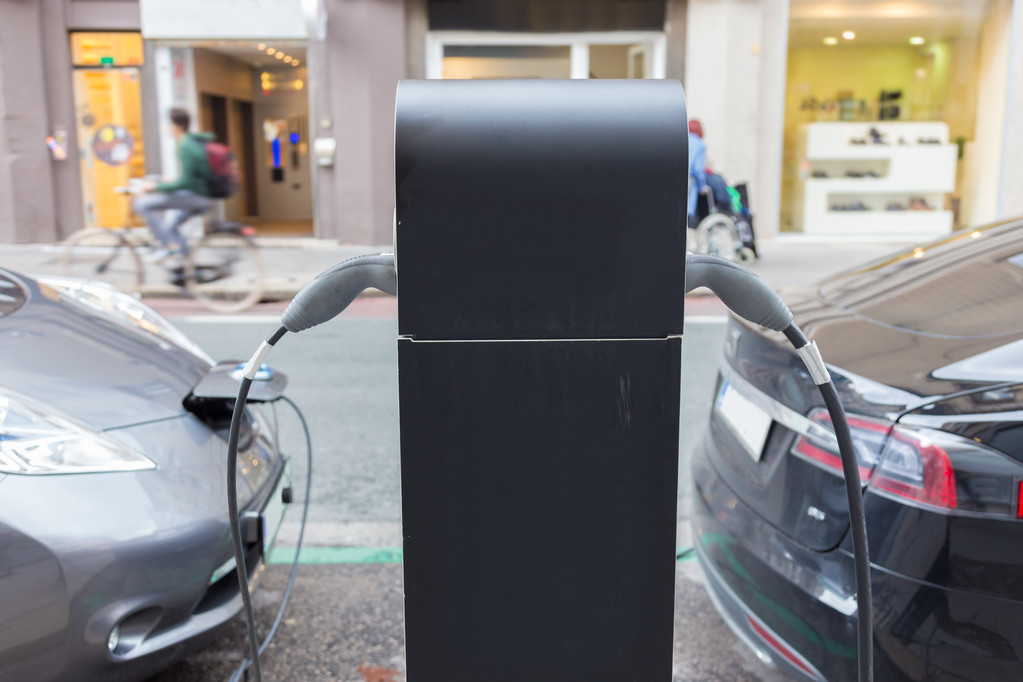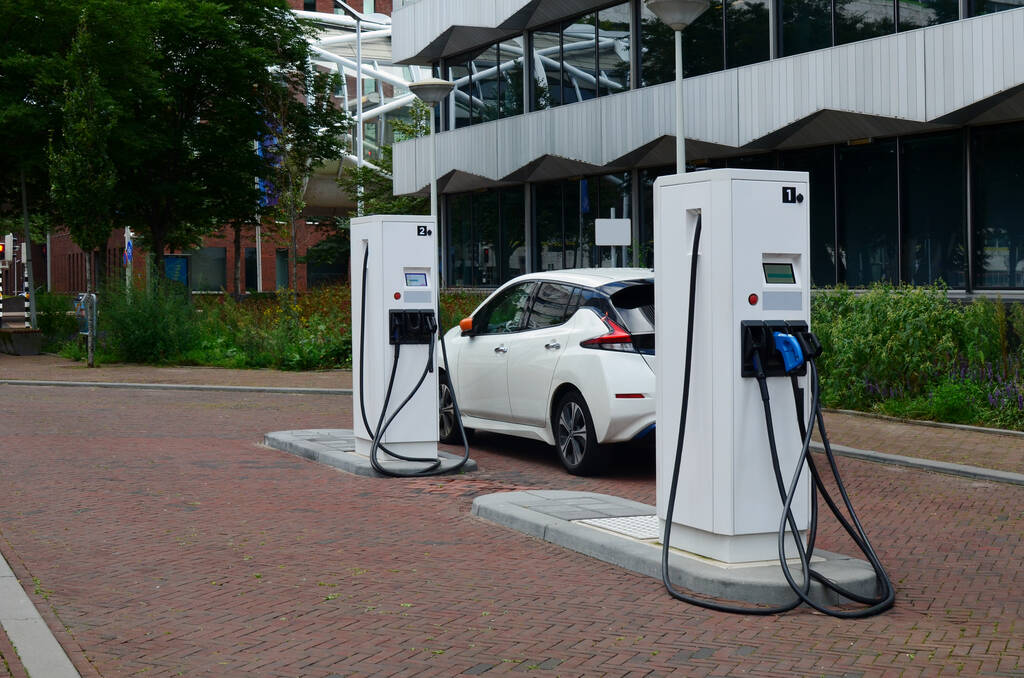In recent years, the electric vehicle (EV) revolution has been sweeping the globe, as more and more people are making the switch from traditional internal combustion engine cars to electric ones. This transition is driven by various factors, including environmental concerns, reduced operating costs, and the promise of a cleaner and more sustainable future. As the popularity of electric cars continues to grow, so does the need for electric vehicle charging infrastructure. However, installing and operating charging stations is not as straightforward as it may seem. There are a myriad of regulations governing EV charging stations, and understanding them is crucial for both EV owners and charging station operators.
The Importance of EV Charging Station Regulations
Electric vehicle charging stations are the lifeblood of the EV ecosystem. They are essential for ensuring that EV owners can conveniently charge their vehicles, which, in turn, promotes the widespread adoption of electric cars. However, without proper regulations in place, the growth of the EV charging infrastructure could be hindered.
Regulations serve several critical purposes:
Safety
Regulations ensure that charging stations meet safety standards, reducing the risk of accidents and electrical hazards.
Accessibility
Regulations can mandate that charging stations are easily accessible to people with disabilities, promoting inclusivity.
Interoperability
Standards and regulations help ensure that EVs can charge at any station, regardless of the manufacturer.
Fair Competition
Regulations can prevent monopolies and encourage fair competition among charging station providers.
Environmental Impact
Some regulations may focus on promoting the use of renewable energy sources for charging stations, reducing their environmental footprint.

Key Components of EV Charging Station Regulations
Understanding electric vehicle charging station regulations requires delving into several key components:
Location and Zoning Regulations
The location of charging stations is crucial. Zoning regulations can dictate where charging stations can be installed, such as in public parking lots, shopping centers, or residential areas. These regulations aim to balance the convenience of charging accessibility with the impact on local communities.
Safety Standards
Safety is paramount in the electric vehicle charging ecosystem. Regulations often specify safety standards that charging stations must adhere to, covering aspects such as electrical safety, fire prevention, and emergency shutdown procedures. Compliance with these standards helps prevent accidents and ensures the safety of both EV users and the general public.
Accessibility Requirements
To promote inclusivity, many regulations mandate that charging stations be accessible to individuals with disabilities. This includes features such as accessible parking spaces, clear signage, and reachable charging connectors.
Payment and Pricing Regulations
Regulations can also govern how charging stations charge for their services. This includes regulations on pricing transparency, payment methods, and preventing price gouging. Transparent pricing is essential for building trust among EV owners.
Environmental Considerations
Sustainability is a core principle of electric vehicle adoption. Some regulations may encourage or require charging stations to use renewable energy sources, such as solar or wind power, to reduce their carbon footprint.
Interoperability Standards
Interoperability ensures that EVs from different manufacturers can charge at any compatible station. Regulations may set standards for connector types, communication protocols, and payment systems to enable seamless charging experiences for all EV users.
Permitting and Licensing
Installing and operating charging stations often requires permits and licenses. Regulations specify the application process, fees, and requirements for obtaining these permits. Compliance with these regulations ensures that charging station operators are legitimate and accountable.

Case Study: Electric Car Subscription in Adelaide
To better illustrate the practical implications of these regulations, let’s consider a case study involving an electric car subscription service in Adelaide, Australia. This service aims to provide Adelaide residents with convenient and affordable access to electric vehicles.
To operate successfully in Adelaide, the electric car subscription service must navigate a complex web of regulations. First and foremost, they must adhere to location and zoning regulations. This means securing permits to place charging stations in strategic locations, such as residential areas and business districts.
Safety is a top priority for this service. They must ensure that all charging stations meet stringent safety standards to prevent accidents and electrical hazards. Regular maintenance and inspections are crucial to compliance.
Accessibility is another vital aspect. The service must make sure that all charging stations are easily accessible to individuals with disabilities, including properly marked parking spaces and accessible charging connectors.
In terms of pricing and payment regulations, the service must provide transparent pricing to its subscribers. This transparency fosters trust and encourages more people to adopt electric vehicles. Additionally, the service must ensure that its pricing is fair and does not engage in price gouging.
To promote sustainability, the service may opt to use renewable energy sources for its charging stations. While this is not always a regulatory requirement, it aligns with the global push for cleaner transportation options.
Interoperability standards are also crucial for the service’s success. Adelaide residents should be able to charge their electric vehicles at any compatible station, regardless of the manufacturer. Therefore, the service must ensure that its charging infrastructure complies with established connector and communication standards.
Finally, obtaining the necessary permits and licenses is a critical step in launching and operating the electric car subscription service. Compliance with permitting and licensing regulations ensures that the service operates legally and is accountable for its actions.

Electric vehicle charging station regulations play a pivotal role in shaping the future of electric mobility. They ensure safety, accessibility, fairness, and sustainability within the EV ecosystem. Understanding and complying with these regulations is essential for both EV owners and charging station operators.
As electric vehicles continue to gain traction, cities like Adelaide are witnessing the emergence of innovative solutions like electric car subscription services. These services, while offering immense benefits, must navigate the intricate maze of regulations to thrive.
In Adelaide and beyond, the collaboration between regulators, charging station operators, and electric vehicle enthusiasts will be crucial in creating a seamless and sustainable charging infrastructure. Together, they can pave the way for a greener, cleaner, and more accessible future of transportation, where electric car subscription in Adelaide and similar initiatives can flourish.

